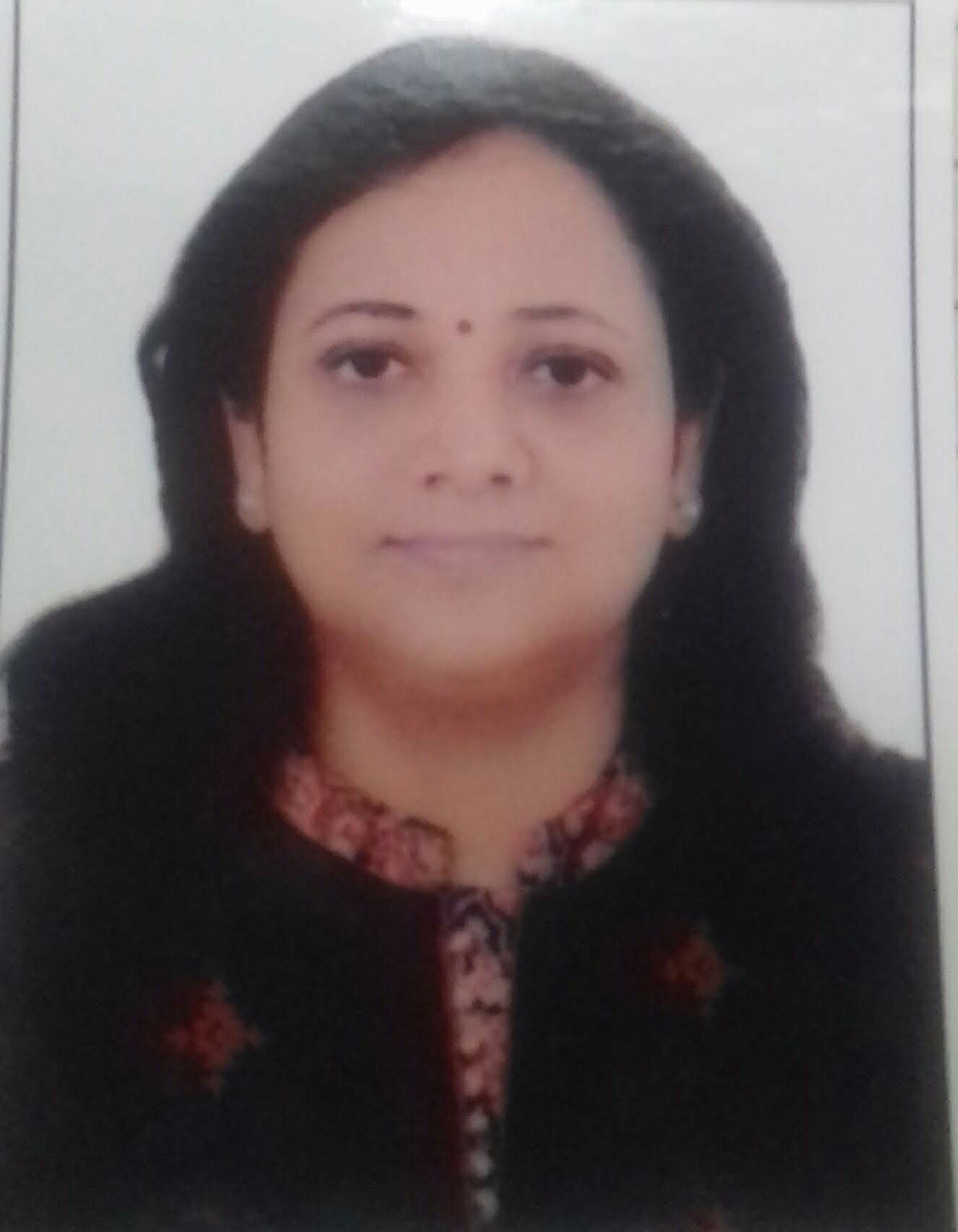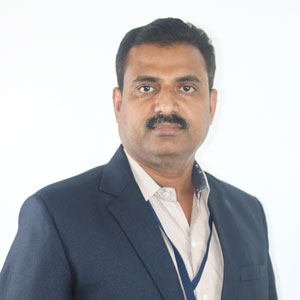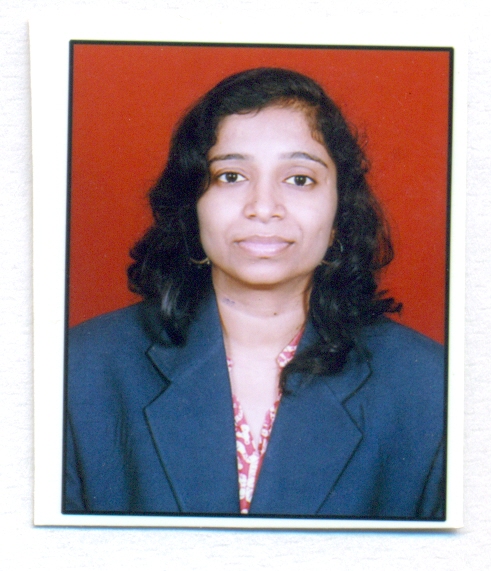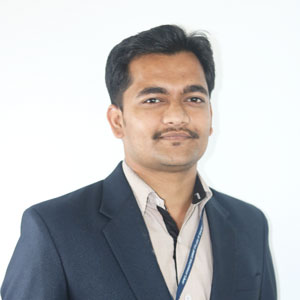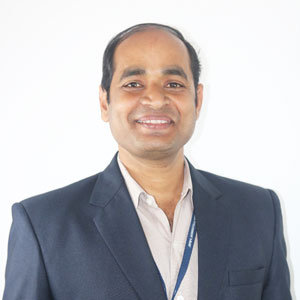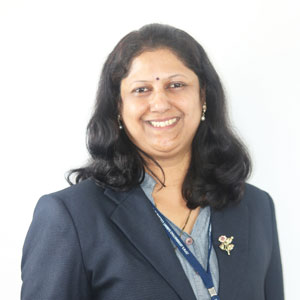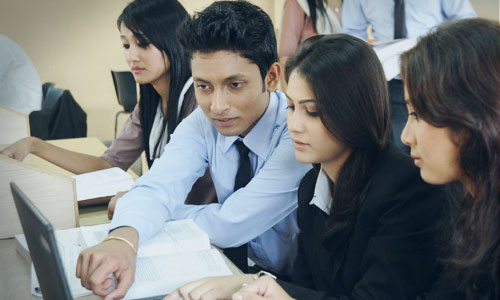HoD Message
The Electrical Engineering department will enable a strong foundation of technical knowledge and related skills that will help students achieve global excellence in industry, academics and research. The curriculum has been designed under the expert guidance of academicians and industrialists with due focus on both core and allied courses. The curriculum mainly helps the students acquire sound knowledge in the fields of core electrical engineering, electronics and renewable energy, electric vehicles and other related fields. The focus of curriculum is made keeping in view the current and upcoming industry requirements in future (Industry 5.0).
The faculty members of the department not only bring excellent academic and research credentials but are actively engaged in collaborative and interdisciplinary research. Their expertise and experience benefit the professional development of the students.
Most of the courses involve practical training in the laboratory followed by project work. The department was established with state-of-the-art research facilities to support our academic programs and research. Students are given the opportunity to work alongside our esteemed faculty on varied aspects of research that help the students to contribute and learn simultaneously.
This website provides an overview of our academic programmes, research activities, research facilities, profiles of faculty members, and details of student activities. We also encourage highly talented young innovators for entrepreneurship and we have 35 plus Entrepreneurs in various domains such as Solar PV systems, Energy Audit, Electric Vehicles, Testing and Control Panels, Electrical Contracting, Digital Marketing, Net Zero Energy Buildings. We have two Student startups incubated under JSCOE ASSOCIATION FOR DEVELOPING ENTREPRENEURS, JADE ( Section 8 Company)in year 2025.
We warmly welcome bright and motivated students to join the Department of Electrical Engineering as undergraduate students.
About Electrical Engineering
Department of Electrical Engineering has been established in 2007 with an objective to meet the growing demand of technically trained Electrical Engineers.
The department provides latest knowledge in Electrical Engineering backed with a support of latest IT systems, general management which would enable an engineer to be a competent technocrat.
The Electrical Engineering stream have started with an initial intake of 60 students.Today the total strength of students including FE, SE, TE & BE is more than 250.
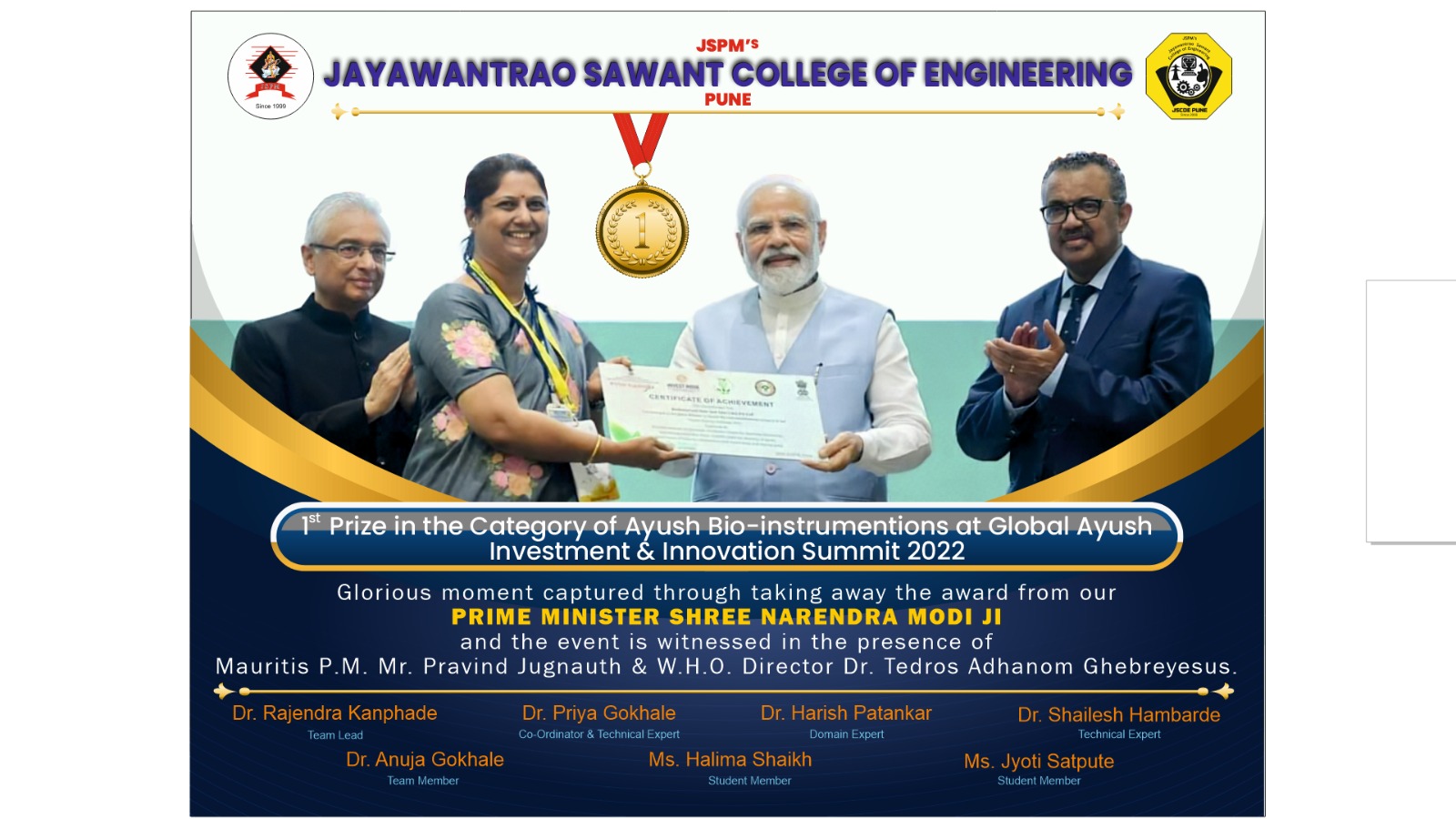
Vision
To be a center of developing competent Electrical Engineer for sustainable industrial and societal growth.
Mission
M1: To develop competent professionals through design and implementation of effective teaching learning process.
M2: To groom students for innovations, entrepreneurship and higher studies by providing appropriate platform.
Program Educational Objectives (PEO)
-
PEO1: Graduate shall possess core competencies in the field of electrical engineering and have an ability to work in diversified environment.
-
PEO2: Graduate shall have an ability to provide smart sustainable solutions in electrical engineering adopting modern tools and technologies.
-
PEO3: Graduate shall have abilities of innovation, research & development to solve societal issues in the field of electrical engineering.
Program Specific Outcomes (PSO)
-
PSO1: Able To Apply Professional Skill in Core Field Of Product, Service, Support Engineering And IT Professionals, Problem Solving Skills Like Data Interpretation, Control System And Software Programming For Successful Employability.
-
PSO2: To Develop the Professionals and Entrepreneurs In Renewable Energy System, Electrical Contracting And Consultancy, Digital Marketing Using Modern Tools And Techniques.
-
PSO3: Able to Engage in Continuous up gradation to Align with Recent Technology in Electrical Engineering and Peruse Higher Education.
Program Outcomes (PO)
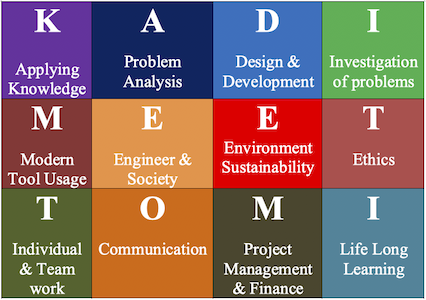
PO1: Engineering knowledge: Apply the knowledge of mathematics, science, engineering fundamentals, and an engineering specialization to the solution of complex engineering problems.
PO2: Problem analysis: Identify, formulate, review research literature, and analyze complex engineering problems reaching substantiated conclusions using first principles of mathematics, natural sciences, and engineering sciences.
PO3: Design/development of solutions: Design solutions for complex engineering problems and design system components or processes that meet the specified needs with appropriate consideration for the public health and safety, and the cultural, societal, and environmental considerations.
PO4: Conduct investigations of complex problems: Use research-based knowledge and research methods including design of experiments, analysis and interpretation of data, and synthesis of the information to provide valid conclusions.
PO5: Modern tool usage: Create, select, and apply appropriate techniques, resources, and modern engineering and IT tools including prediction and modelling to complex engineering activities with an understanding of the limitations.
PO6: The engineer and society: Apply reasoning informed by the contextual knowledge to assess societal, health, safety, legal and cultural issues and the consequent responsibilities relevant to the professional engineering practice.
PO7: Environment and sustainability: Understand the impact of the professional engineering solutions in societal and environmental contexts, and demonstrate the knowledge of, and need for sustainable development.
PO8: Ethics: Apply ethical principles and commit to professional ethics and responsibilities and norms of the engineering practice.
PO9: Individual and team work: Function effectively as an individual, and as a member or leader in diverse teams, and in multidisciplinary settings.
PO10: Communication: Communicate effectively on complex engineering activities with the engineering community and with society at large, such as, being able to comprehend and write effective reports and design documentation, make effective presentations, and give and receive clear instructions.
PO11: Project management and finance: Demonstrate knowledge and understanding of the engineering and management principles and apply these to one’s own work, as a member and leader in a team, to manage projects and in multidisciplinary environments.
PO12: Life-long learning: Recognize the need for, and have the preparation and ability to engage in independent and life-long learning in the broadest context of technological change.
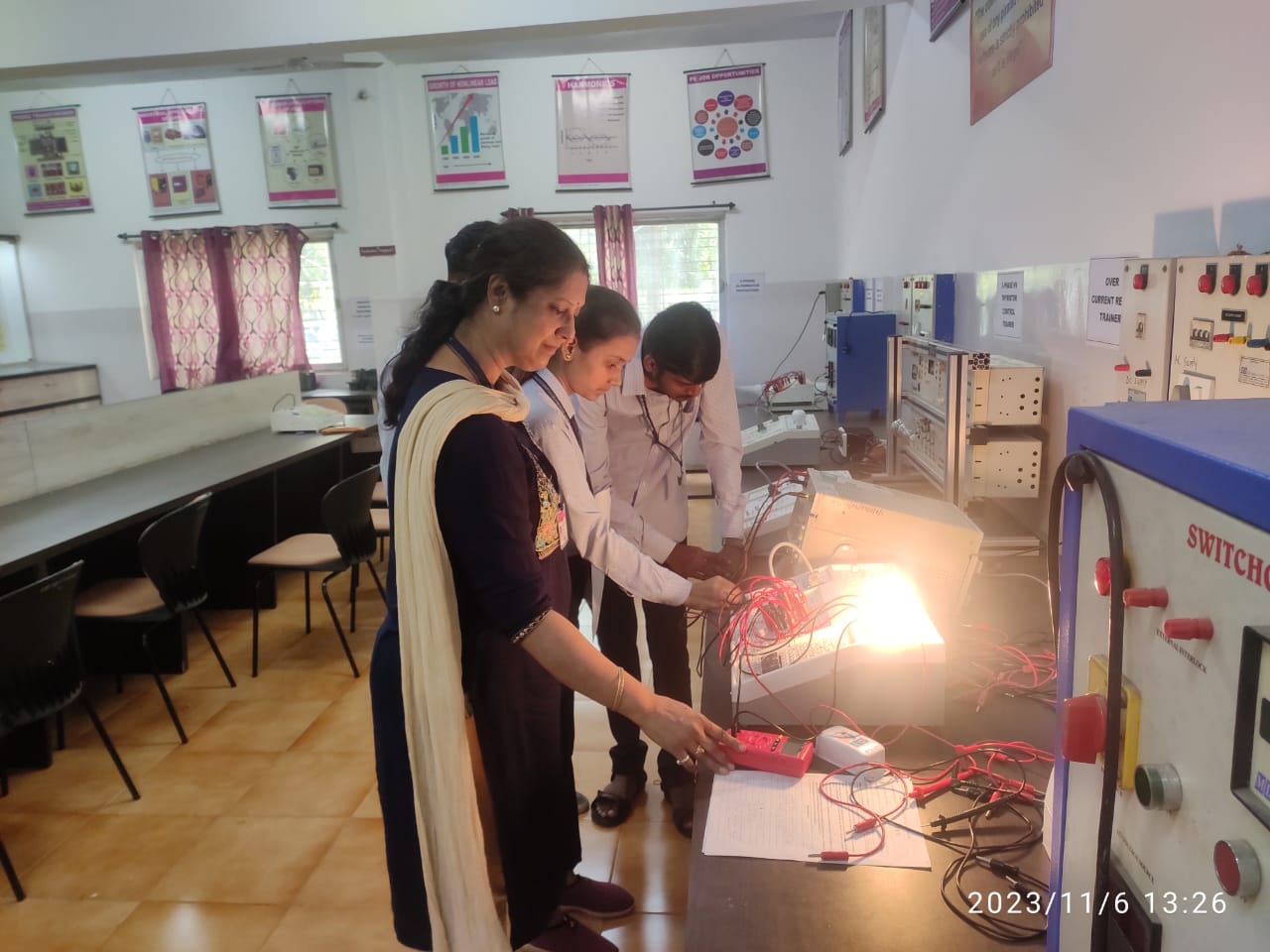
Power Electronics
Utilization of lab in term of (hands-on practical session/ skill development/ self learning)
1) Projects based on Power Elect ...
Power Electronics controlled Drives
Utilization of lab in term of (hands-on practical session/ skill development/ self learning)
1) Converter closed loop speed c ...
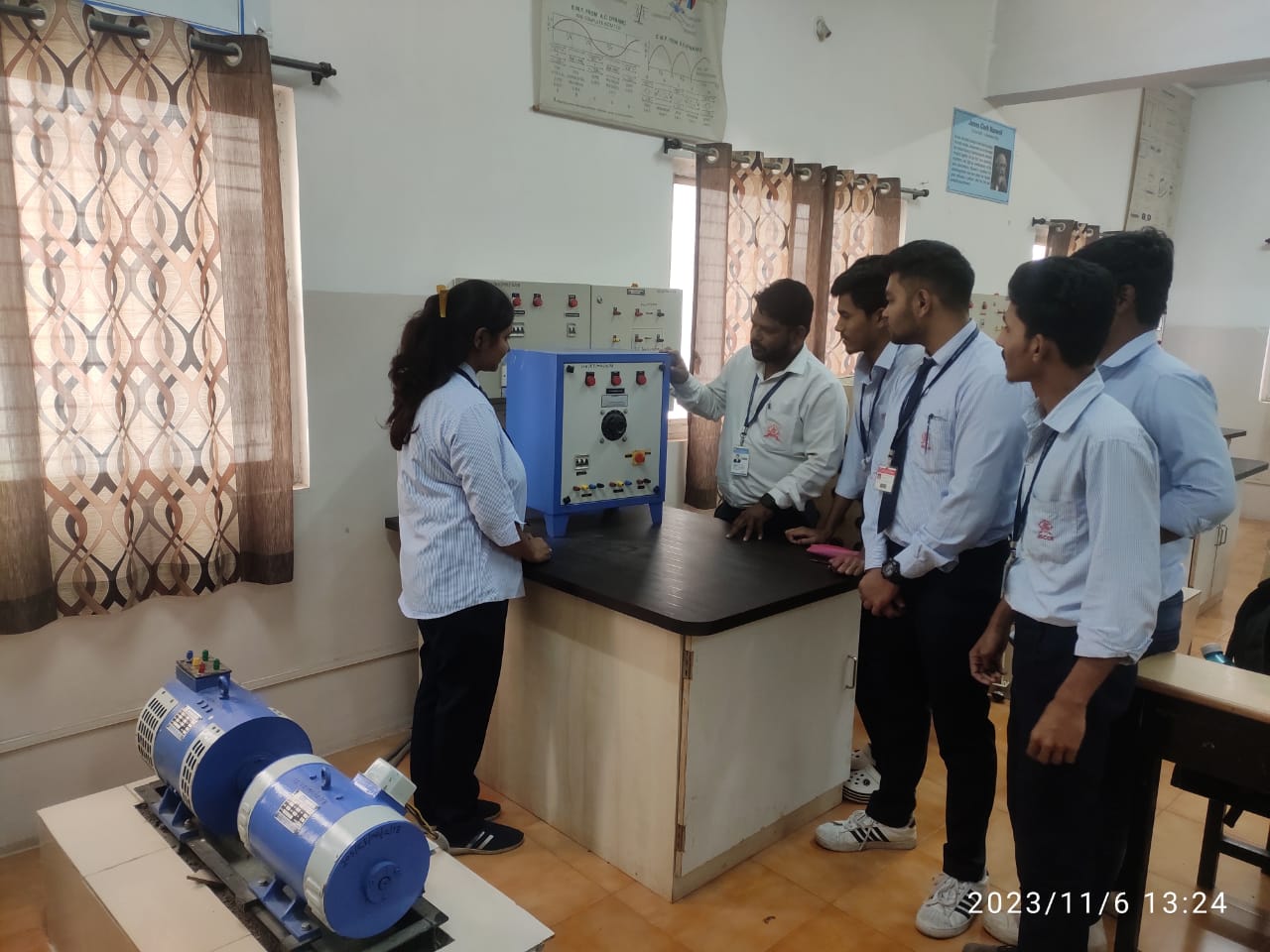
Electrical Measurement & instumentation
1) Hands on training for measurement of Resistance, extension of ammeter and Voltmeter.
2)To get familiar with Elect ...
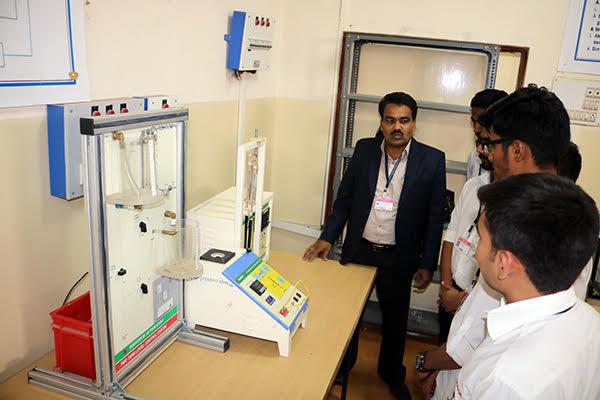
Control System
1)To find transfer function of two tank system.
2) To get familiar with MATLAB software for finding out electrical system beha ...
-
Dr. P. N. Gokhale
Head of Department
-
Ph. D. (Electrical Engg)
priyagokhale@jspmjscoe.edu.in
-
-
Prof. N. G. Padulkar
Associate Proffesor
-
ME (Control System)
padulkar_ng@ rediffmail.com
-
-
Dr. V. A. Bugade
Professor
-
ME/M.Tech and PhD (Management Science)
-
-
Dr. Nidhi Mishra
Assistant Professor
-
Ph. D. (Electrical Engg)
nidhimishra7438@gmail.com
-
-
Dr. A. M. Bansode
Assistant Professor
-
Ph.D (Electrical Engineering)
ajitbansode@jspmjscoe.edu.in
-
-
Prof. P. N. Todkar
Assistant Professor
-
ME(Electrical Power System), Ph.D.(Pursuing)
pramodtodkar@jspmjscoe.edu.in
-
-
Prof. Shubhangi Arbale
Assitant Professor
-
M-Tech (Power System) ,PHD Pursuing
shubhangiarbale@jspmjscoe.edu.in
-
-
Prof. V. D. Malwade
Assistant Professor
-
M. E (Power Electronics And Drives)
vivekmalwade2009@gmail.com
-
-
Prof. N. V. Tayade
Assistant Professor
-
M.Tech (Power system)
tayade_nv@yahoo.com
-
-
Prof. K. N. Nandargi
Assistant Professor
-
M.E. (Power Electronics And Drives)
knnandargi@gmail.com
-
EESA: Electrical Engineering Students Association
The Association of Students of Electrical Engineering (EESA) represents current students within the department of electrical engineering. The aim is to coordinate social and professional events that improve and enrich the community, and to help publicise various departmental research activities. It organizes social gatherings, holds talks between guest speakers and students, and promotes contact between functionaries and students in the department.
Vision
The EESA Students Associated is a student-led association that produces the best, longest-lasting memories for every EESA member group.
Mission
As a proactive student-centered organization, the EESA Associated Students offers creative and excellent services , programs, goods, and facilities for the entire EESA community.
Objective
Build a spirit of fraternity and cooperation among Association members.
Further expertise and understanding in the field of electrical engineering through seminars, debates, quizzes and other events of this nature.
Develop leadership and initiative, and instill a sense of responsibility among Association members.
EESA Committee
| Sr No | Name of Student | Class | Elected Post |
|---|---|---|---|
| 1 | Yash Patil | BE | President |
| 2 | Nilesh Avhad | TE | Vice President |
| 3 | Shantanu Kharat | BE | Secretary |
| 4 | Ashish Jadhav | TE | Treasurer |
| 5 | Vaishnavi Ujalambe | BE | Ladies Representative |
| 6 | Anushka Khandagale | TE | Joint Ladies Representative |
| 7 | Sumit Tambolkar | SE | Extracurricular Coordinator |
| 8 | Samruddhi Pagi | SE | Joint Extracurricular Coordinator |
| 9 | Tanay Kolhe | TE | Committee Member |
| 10 | Sanika Mane | TE | Committee Member |
| 11 | Areen Gaikwad | TE | Committee Member |
| 12 | Kakde Pavan | TE | Committee Member |
| 13 | Omkar Datonde | TE | Committee Member |
| 14 | Aditya Shitole | TE | Committee Member |
| 15 | Srushti Mane | SE | Committee Member |
| 16 | Gayatri Kenjale | SE | Committee Member |
| 17 | Yogita Wankhede | SE | Committee Member |
| 18 | Saee Sakpal | SE | Committee Member |
| 19 | Rohan Mane | SE | Committee Member |
| 20 | Shubham Dhas | SE | Committee Member |
EESA Facilities
EESA is to provide a variety of educational experiences that will encourage organization members to broaden their knowledge and increase their enthusiasm for their chosen occupational areas (i.e. occupational related field trips, seminars, etc.). It provides opportunities for social interaction among organization members. Under EESA we have conducted various events like seminars, industrial visits, guest lectures, soft-skills development programs, fresher’s and farewell party etc.. and also technical and nontechnical events through TECHMANTHAN AND MINITECHMANTAHAN (a National level event under lead college schemes) for assisting students to increase their knowledge and skills in planning, delegating, decision making and to develop a more positive and realistic attitude toward themselves, their peers and the college.
- Paper Presentation Event
- Quiz Competition
- Mini Project Competition
- Best from waste
- Electro techno Marketing
Additional contents to bridge curriculum gaps:
- Efforts to prepare students for competitive examination through competitive exam cell.
- Increase the awareness of students by bringing the experts from industry to Institute.
- Organizing guest lectures by competent personalities from educational institutes & Alumni.
- Organizing visits to major ongoing Power projects.
- Motivating students to participate in different competitions viz. Paper presentation, Model making, etc.
- Providing additional library facility in the department for easy access.
- Organizing software training programmes.
- Utilizing e-learning; animated learning source for better understanding.
- Arranging training programmes for placement preparations & soft skills development.



